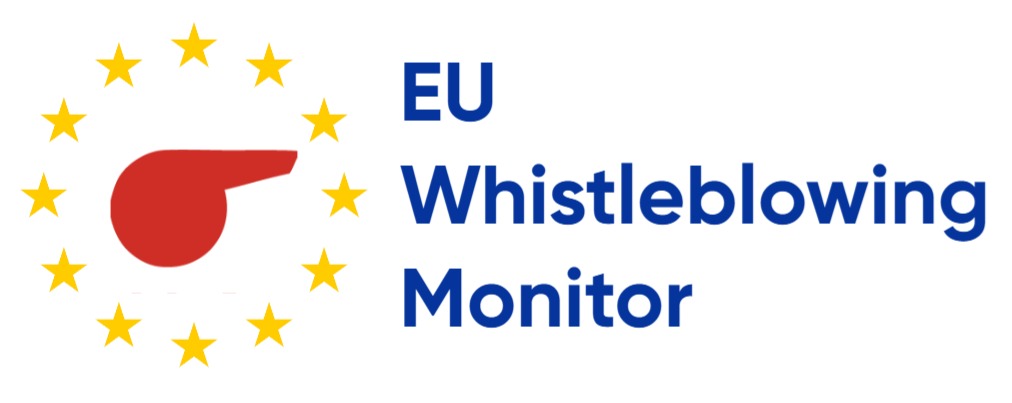Source: xnet-x.net
A new draft Bill on whistleblowing to transpose the EU Directive on the protection of whistleblowers has been issued in Spain.
Spain is delayed in the transposition process, as are most member States which have missed the official 17 December 2021 deadline to fully transpose the Directive into their national legal systems.
Digital rights NGO Xnet, who has been monitoring the government’s approach to implementation, has published an analysis of the draft whistleblower protection law.
Xnet has criticised the draft law and raised serious concerns about the negative implications they foresee it will have on freedom of information and democratic governance in Spain.
Xnet responded to the public consultation on the transposition of the Directive in 2021 – their submission can be read here.
Commenting on the law, Xnet has recommended the following amendments to the proposal:
- Expand the scope of the protection afforded under the Bill to a wider range of information to include reports of matters of misconduct and other potentially harmful action. A whistleblowing law in line with best practice principles should protect any reports of threats of harm to the public interest, as we see in the transposition laws adopted in France and in Sweden. Much wrongdoing will be harmful without being illegal.
- Modify the title of the law. The current wording of the title refers only to “regulatory infractions” despite the intended scope of the Directive which is much broader than wrongdoing that only relates to illegality. It is also recommended to remove reference to corruption, as using this terminology in the Bill will limit the perceived scope of the protection. This will create legal uncertainty for individual whistleblowers as well as employers and institutions receiving reports of other wrongdoing not considered illegal or corrupt, and thus ultimately dissuade reporting and impede investigations and law enforcement.
- Ensure the freedom of the whistleblower to choose the most appropriate reporting channel based on the facts of the case, as stipulated by the Directive. The law should explicitly protect disclosures to multiple, diversified channels and offer protection for reports made to authorities outside of a single or limited number. By failing to protect whistleblowers who choose a non-institutional channel, freedom of information is limited.
- Remove any good faith conditionality to qualify for protection as regards to the motivation of the reporting person and adopt the correct standard of ‘reasonable belief in the truth of the information” reported, including reasonable suspicions.
- Extend protection to all citizens reporting wrongdoing, whether or not they are in a workplace relationship.
- Ensure robust immunities. Consistency in the application of immunities against criminal liability must be ensured across all provisions of the law.
- Ensure the protection of facilitators and those who assist whistleblowers, including NGOs (as in France) journalists and trade Unions (as in Sweden.)
- Broaden the definition of retaliation and ensure continuous protection without arbitrary time limits. The draft law appears to problematically restrict protection to a two-year period. The law should also provide for support measures, including free legal assistance.
- Guarantee anonymity of whistleblowers and afford protection to anonymous reporters during and after the investigation. Ensure anonymous reporting platforms and hotlines are secure and reliable (read more here.)
Finally, it is important that Spain and all member States ensure the conditions for the protection of those who make public disclosures are not so restrictive so as to negatively impact on freedom of expression rights. To this point, the Directive states:
“Protection against reprisals as a means of safeguarding freedom of expression and freedom and pluralism of the media must be granted both to persons who communicate information about acts or omissions […] such as to persons who make such information available to the public, for example directly through web platforms or social networks, or to the media, elected officials, civil society organizations, trade unions or professional and business organizations.”
Early on in the two-year time frame for member States to transpose the Directive, Xnet published a model draft law to comply with the Directive and go beyond the minimum standards to meet international best practice principles. This model law is available here.
Xnet is calling for journalists and other civil society organisations to mobilize to oppose the Bill to ensure these improvements to the text are made.
